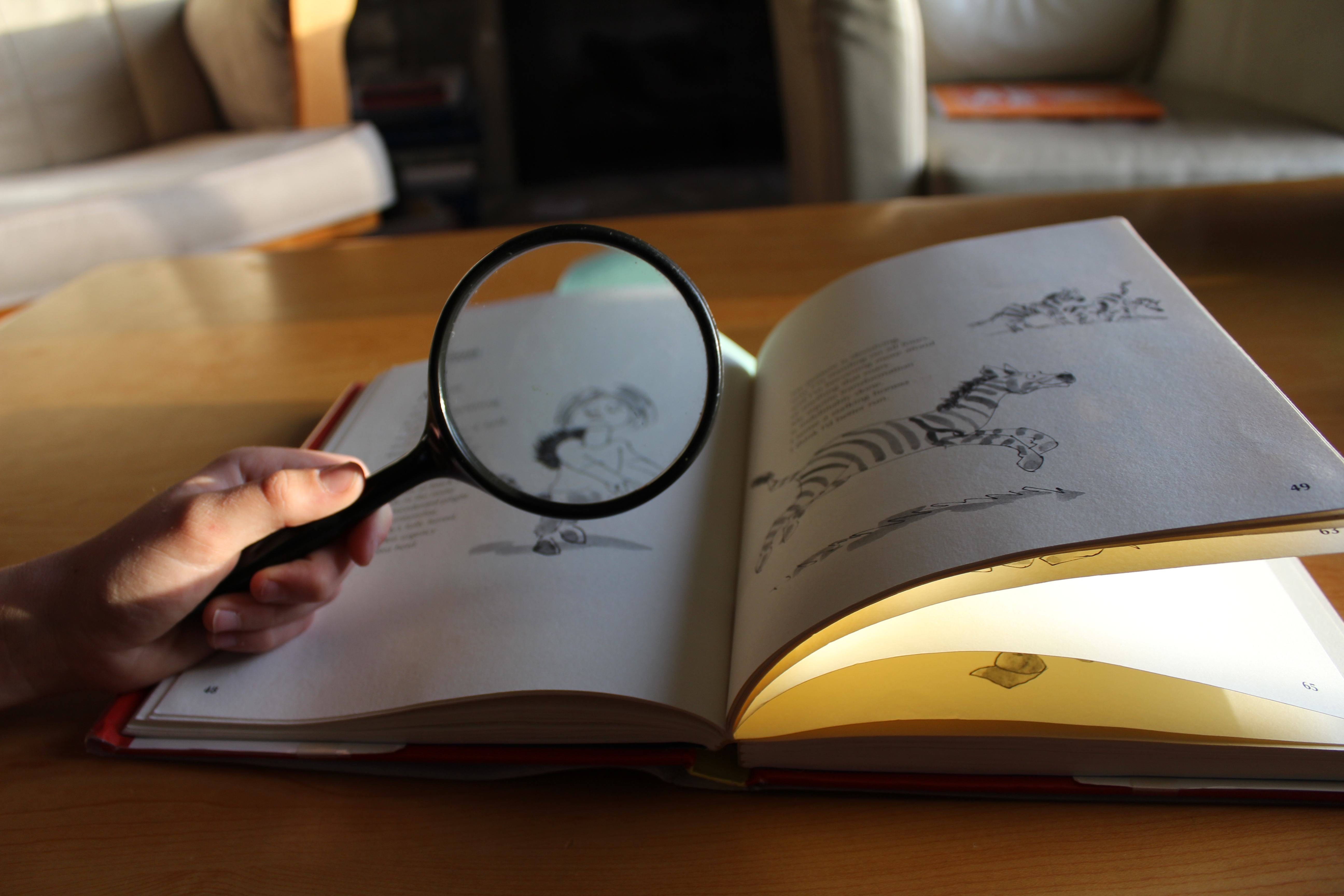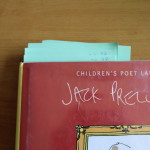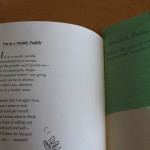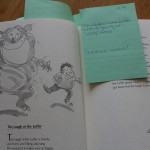When it comes to reading comprehension, it’s important for children to be able to decipher the meaning of unknown words based on context clues. This will greatly help his or her fluency and understanding of a story. Imagine if you had to look up every unknown word in a story. It would interrupt your flow of reading, possibly impacting comprehension. If a reader can understand the meaning of an unknown word based on how it is used in the sentence or paragraph, s/he can keep on reading without disrupting the flow of a story and can continue to understand what is happening.
For example, in the very first sentence of this post, I used the word “decipher”. This may be a new word to a child. If the child reads the sentence in its entirety, s/he may be able to figure out that decipher essentially means “to figure out” based on how it is used in the sentence (its context). For some children, this skill comes naturally; others need to be taught this skill. Even if a child seems to do this naturally, it can still be beneficial to reinforce this habit through a learning activity (such as this one) that focuses on this skill.
To practice this skill, I like to use poetry since it frequently contains words that we don’t often see in other books. I chose the book My Dog May Be a Genius by Jack Prelutsky for this activity. Prelutsky’s poems in this book are clever, funny, artfully done, and of course, have vocabulary words that might be new to many elementary school kids!
The Activity
Materials:
- Book: My Dog May Be a Genius
by Jack Prelutsky
- Post-it notes with lines
- Pen or pencil
- Vocabulary list (print)
*This post contains affiliate links.
Set Up:
1. First, I read through the book to find poems that contained a new vocabulary word for my son. I also wanted to make sure that the definition of the word could be figured out in the context given. You may want to do the same for your child, or you can use the same words that I chose if it fits for your child.
2. As I came across a poem that had a good vocabulary word, I wrote the title of the poem on the top of the post-it note and simply posed the question, “What do you think ‘insert vocab word here’ means?” In the top corner, I noted the page number of the poem in case the post it note fell out.
Lesson:
1. To introduce the new skill, have your child think of a detective. Tell your child, “Detectives have to examine clues around them to figure out something that happened. You are going to be a very special kind of detective– a definition detective! Inside these poems are new words that you may not know the meaning of. But, there are clues to their meaning, you just have to look for them. Clues can be hiding in the sentence, paragraph, or even the pictures. We just have to find them! Like detectives, we will have look carefully for clues so that we can figure out the definitions to these new words!”
2. To model the skill, read a couple of the poems together showing how you would analyze the sentence or text to figure out what the new word means. For example, on page 22 there is a poem titled I’m In A Muddle Puddle. In it, one line says, “I cannot extricate myself, and I don’t know what to think”. Extricate may likely be a new word to a child.
As a model, the teacher/parent could say, “I don’t know what the word “extricate” means. I am going to think like a detective and search for clues to its meaning. I will first look at the sentence that I found the word in. Hmm, it’s hard to figure out its meaning just by this one sentence alone. I will widen my search for clues. If I look back at the beginning of the poem, it describes how a person is sinking. That’s a clue. I also noticed that the previous sentence states, ‘The harder that I struggle here, the more I seem to sink’. So if the narrator is saying that he cannot extricate himself, I think it’s his way of saying that he can’t get out of the mud puddle. Putting all these clues together, I think ‘extricate’ must mean to get out of or free yourself from. That would make sense in the sentence since he can’t get out of the mud puddle! My clues fit and I think I solved the meaning of this word.”
Teaching Tip: Modeling your thinking is a powerful teaching tool. Simply verbalizing your thoughts gives your child a look into your thought process, giving them tips and tools for them to use as they attempt to figure out the meaning of these words.
3. If your child needs more guidance, try a couple more of these together. Have your child attempt to solve them while explaining his or her thinking to you. Help as needed.
4. Once your child seems to have the hang of the skill, let your child finish solving the definitions of the unknown words that you preselected from My Dog May Be A Genius independently.
5. Once your child is finished, have him or her check the definitions in a dictionary to see if s/he was correct. If your child struggles with this, s/he may need more guided practice with you.
Continued practice:
When your read with your child and come across a new vocabulary word to try to figure out the meaning from the context clues! This is a real application of the skill your child just learned!




